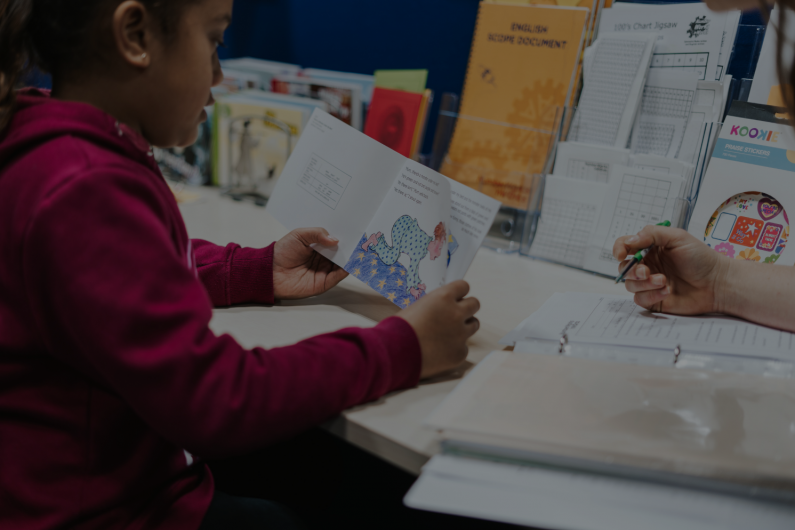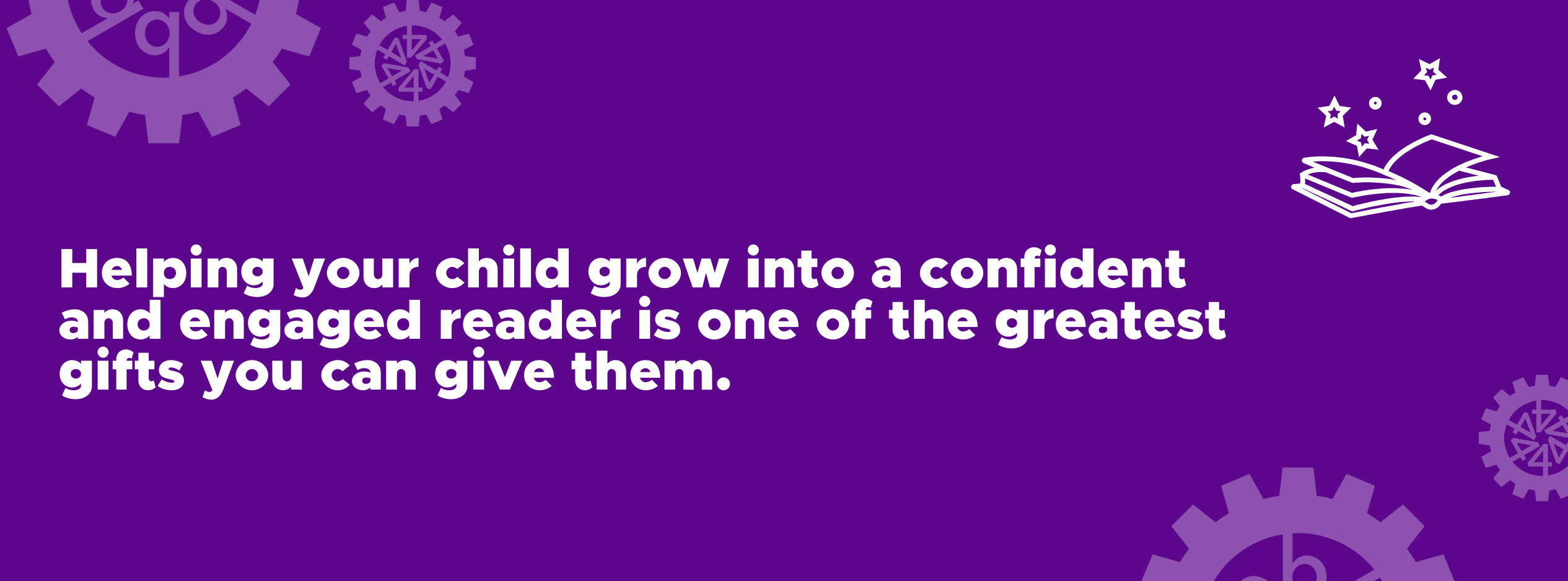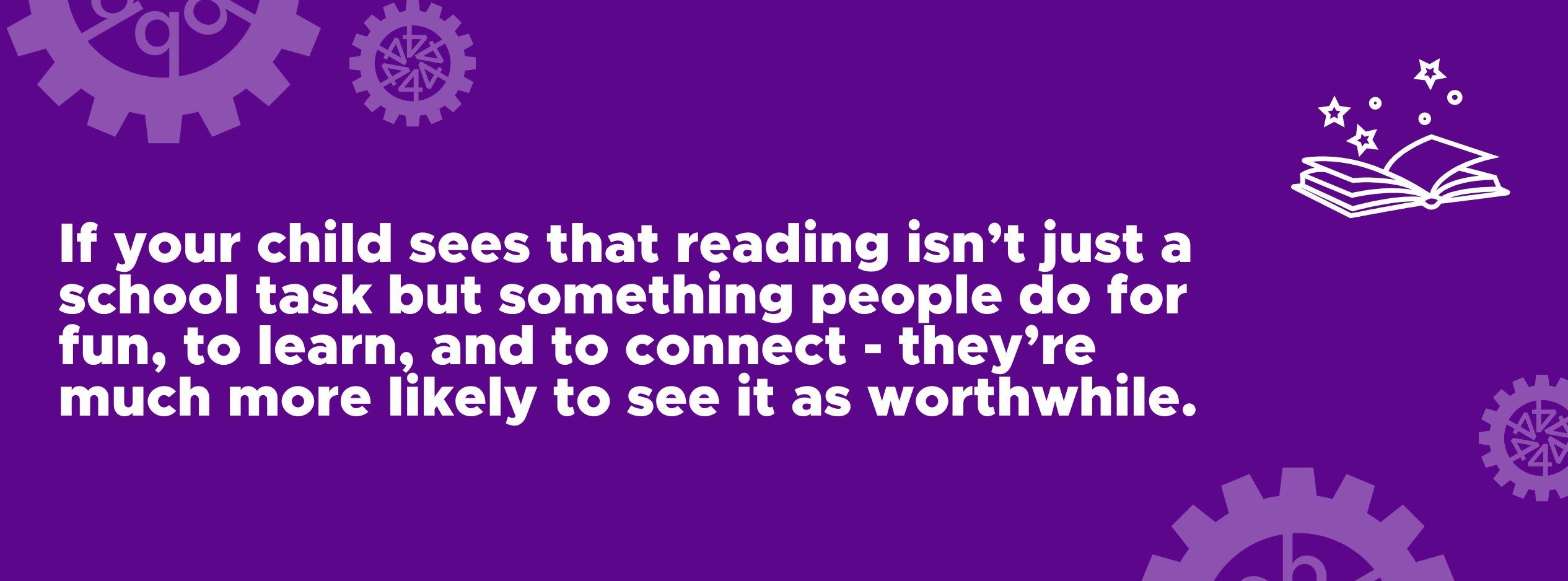How to Help Your Child Build Stronger Reading Habits

Helping your child grow into a confident and engaged reader is one of the greatest gifts you can give them. Reading supports not just academic success, but imagination, empathy, and communication too. But in a world filled with screens and distractions, fostering strong reading habits can feel like a challenge. The good news is, with a little guidance and consistency, it’s something every parent can support – and it doesn’t have to be stressful or complicated.

Start Where They Are, Not Where You Think They Should Be
Every child develops at their own pace, and that’s okay. Some children will take to reading quickly and be devouring books before you know it. Others may need more time, encouragement, and the right kind of support to find their stride. It’s important to meet your child where they are, rather than where a chart or curriculum says they should be. Watch for signs of progress, no matter how small. Celebrate when they sound out a tricky word or finish a book, even if it’s short or simple.
Try not to compare your child to others. Instead, focus on their individual journey and growth. A reluctant reader today can still become an enthusiastic book lover tomorrow with patience and the right encouragement.
Make Reading Part of the Everyday
Children are far more likely to stick with reading if it becomes part of the daily rhythm. That doesn’t mean carving out hours each day – even 10 to 15 minutes of reading time can make a real difference. Build reading into your family routine in ways that feel natural. This could be reading a book together at bedtime, having a quiet afternoon moment with a story after school, or letting your child read a recipe while you cook dinner together.
It helps to let them see you reading, too. When children notice that books, magazines, or even newspapers are a normal part of your world, it sends a powerful message that reading is valuable and enjoyable.

Let Them Choose What They Read
One of the most effective ways to foster a love of reading is to give your child ownership over what they read. If they’re into dinosaurs, graphic novels, or books about sports, let them explore those areas. Even if the book seems too easy, too silly, or not “literary” enough – if it gets them reading, it’s worth it.
A practical example: if your child loves Pokémon, let them dive into Pokémon guide books or stories, even if it’s not something you’d pick out yourself. Their interest will lead the way, and as they build confidence and fluency, they’ll be more willing to branch out into other kinds of books later on.
Read Together – No Matter Their Age
Reading aloud isn’t just for toddlers. Shared reading is a powerful tool at any age. It allows you to model fluency, talk about tricky vocabulary, and engage in meaningful discussions about the story. For older children, you can take turns reading a page or a chapter each. This shared experience not only strengthens their skills but also builds connection and trust.
Talk about the story as you read. Ask questions like, “What do you think will happen next?” or “Why do you think the character did that?” These conversations deepen comprehension and show that reading is about more than just decoding words – it’s about thinking, feeling, and imagining too.
Create a Reading-Friendly Environment
Children are more likely to read if books are easy to access and part of their physical world. You don’t need a full home library – just make sure there are books around that they can grab whenever they feel like it. Have a few books in the living room, beside their bed, or even in the car.
If possible, take regular trips to the local library. Let your child get their own library card and be in charge of checking out books. This can give them a sense of responsibility and pride around reading. Libraries also often have fun activities, book clubs, and recommendations from librarians who are keen to help.

Don’t Worry Too Much About “Reading Levels”
While reading levels can sometimes be helpful, they can also limit a child’s curiosity or enjoyment. If your child wants to read a book above their level, that’s okay. You can read it together, help with tricky parts, or just let them explore and see how they go. On the flip side, re-reading books that feel easy or familiar can also be comforting and beneficial.
The goal is not to push them through levels as fast as possible, but to help them develop fluency, confidence, and most importantly – joy in reading.
Use Technology Wisely
Screens can be a double-edged sword, but they don’t have to be the enemy of reading. Audiobooks in particular are fantastic for children who are auditory learners or reluctant readers. They help with vocabulary, listening comprehension, and storytelling skills – all while keeping the magic of books alive.
That said, balance is key. Try to keep screen-based reading a supplement, not a replacement, for time spent with physical books, especially for younger readers.
Encourage, Don’t Pressure
The tone you set around reading matters. Encouragement and positive reinforcement will take your child much further than pressure or criticism. If they’re tired, distracted, or frustrated, it’s okay to stop and try again later. Create a safe and supportive environment where mistakes are part of learning.
Celebrate effort more than outcomes. Say things like “I love how you stuck with that tricky word!” or “It’s great how curious you are about this story.” These kinds of affirmations build resilience and motivation over time.
Build a Reading Culture in the Family
When the whole family values and talks about reading, it becomes part of your shared identity. Share stories over dinner, recommend books to one another, and talk about things you’re reading. You might even start a casual family book club where everyone reads the same book (or listens to an audiobook together) and chats about it afterwards.
If your child sees that reading isn’t just a school task but something people do for fun, to learn, and to connect - they’re much more likely to see it as worthwhile.
Conclusion
When reading is valued and discussed by the whole family, it becomes an integral part of your shared identity. Swap stories over dinner, recommend books to each other, and chat about what you're all reading. You might even start a casual family book club, where everyone reads the same book (or listens to an audiobook together) and discusses it afterwards.
If your child sees that reading isn’t just a school requirement, but something people do for enjoyment, learning, and connection, they’re much more likely to see it as something worthwhile.
If you're looking to support your child in reaching their academic milestones, developing strong reading habits, and building confidence, we’re here to help. At NumberWorks'nWords, our expert English tutors work closely with your child to ensure they receive personalised guidance and support.
If this sounds like something your child could benefit from, we’d love to hear from you. Book a free, no-obligation learning assessment at your nearest branch today!




